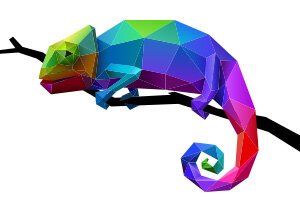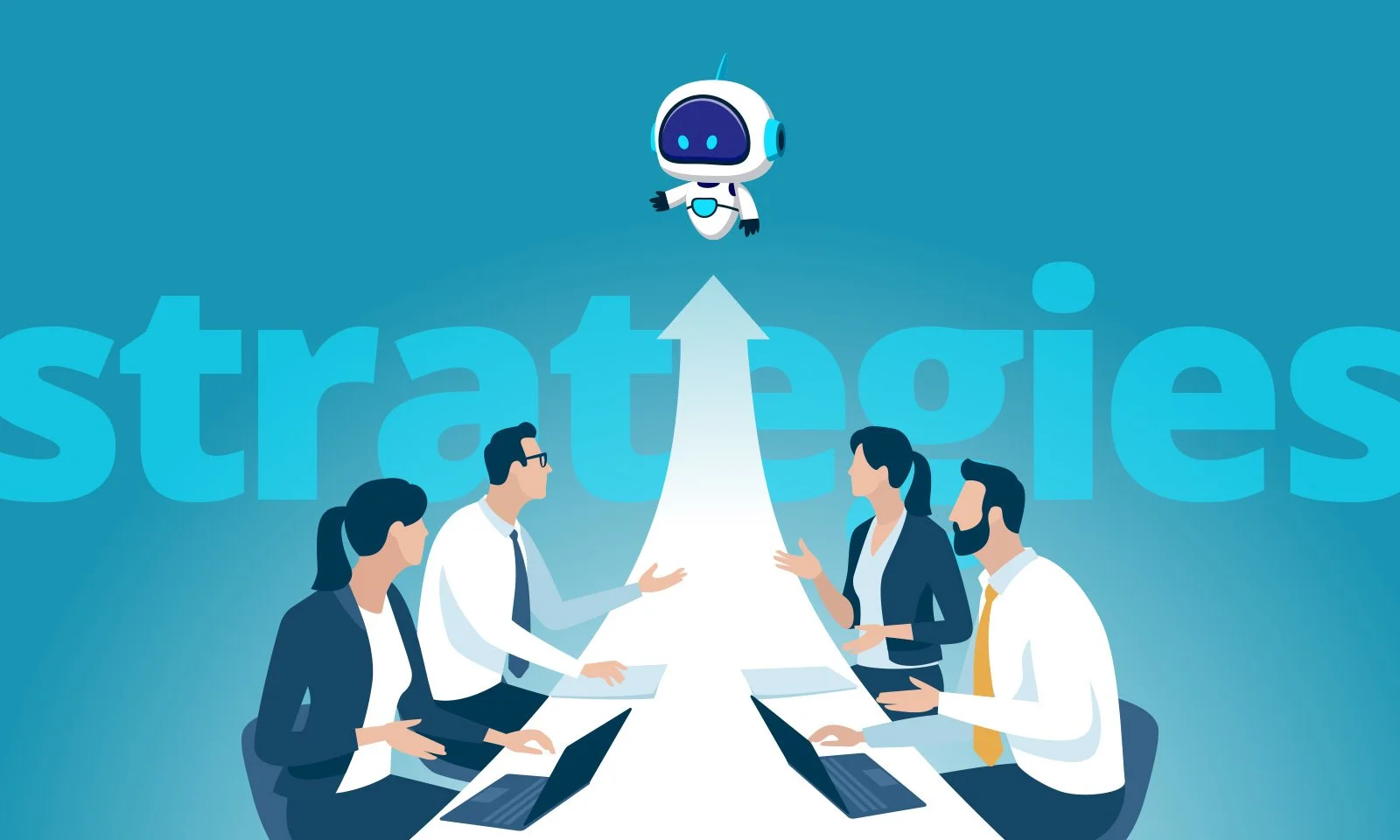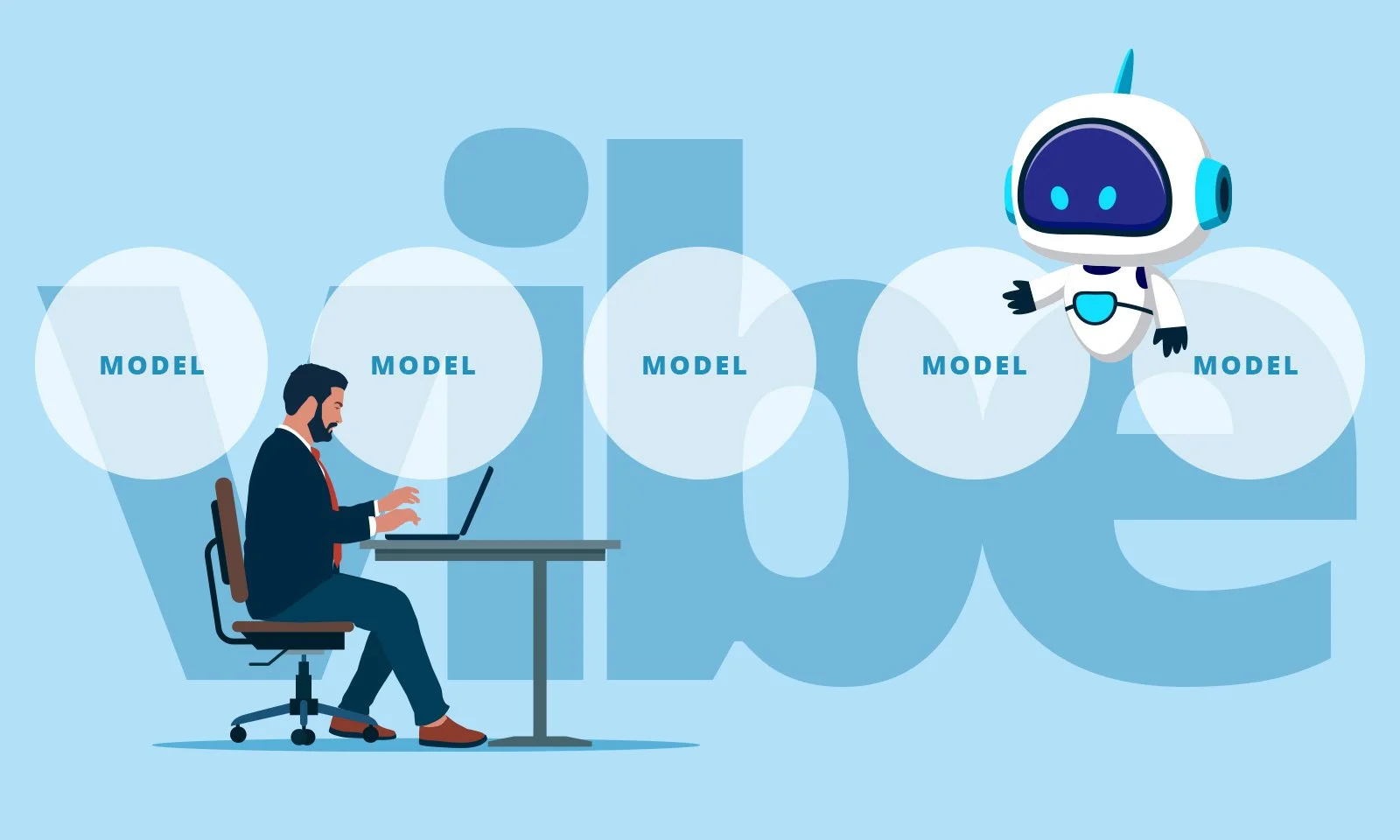READ STORIES THAT MATTER
Ibbaka Skill & Talent Blog
What are the critical skills for the future of work?
The skills we need to develop resilience and adaptation are changing. Ibbaka is researching the critical skills we will need for the future of work. Please share your ideas with us.
Critical skills for the future of work - making connections
In a networked economy one of the most important skills is that of making connections. People, ideas, data, goals, results all need to be connected. Learning how to create and manage connections is central to the future of work.
Critical skills for the future of work - conversation
Trust is the foundation for performance in a virtual world. How do we build trust? Through conversations. Having meaningful, extended conversations has become a critical skill for the future of work.
The Future of Work is Now - An Interview with Harold Jarche
Harold Jarche has helped many organizations understand the nature of learning in the context of work and how to develop learning and collaboration networks. Ibbaka interviewed him at the end of June 2020 as Canada was emerging from the first phase of the Covid 19 pandemic.
Critical uncertainties about the future of work
The Covid 19 pandemic has increased people’s uncertainties about the future of work. A scenario planning approach can provide powerful ways to think about this, but to create scenarios we need to explore the critical uncertainties. Please share your thoughts on this important theme.
Seeding - Assessing - Evolving Skills
We all have skills. Many skills. We connect them in different ways. How should you get started with skill management? How are skills assessed? How to skills evolve over time? These are central questions for a skill and competency management program.
Individual - Team - Organizational use cases for skill and competency management
Individual, team and organizational use cases for skill and competency models fit together and reinforce each other. Understanding the connections between use cases will help you implement a skill and competency strategy. Choose one use case of each type to get started.
Design decisions for developing a competency framework
Skill and competency management is the key enabler of digital transformation. Successful execution requires a series of design decisions. The cascading choices, the use cases and three key decisions are covered here, along with a link to a presentation on this theme.
Managing the tension between adaptation resilience and efficiency - how skill models evolve
The past months have put a lot of stress on our organizations, challenging us at first to show resilience and increasingly to adapt. At the same time, cost controls are pushing us to be more efficient. How can we manage the tensions between these, what do these imply for skill and competency management?
The jobs of talent scenarios
The Covid 19 crisis has underlined the need to build resilience and adaptation into our talent strategies. This is true for individuals, teams and organizations. Scenario planning is a powerful tool to help us think about the future and prepare for it. Building skill and competency models for different scenarios can help us prepare for and even to shape the future.
The Future of Work is a career braid of our different roles
The future of work will be more like a braid than a staircase. We will overlap different roles to build our careers. Some roles will be part of formal jobs, other roles will on teams and some roles will be informal. How do we prepare ourselves to succeed in this new world.
Competency models are living documents and need curation
Competency models can become large rigid structures that try to fit people into boxes. A good competency model is a living document, informed by the real skills people are using and the conversations they are having. It needs curation, or as we like to say gardening. When designing a competency model, make sure you are engaged with the people it represents, and cultivate that engagement as you would a garden.
Mobilizing Talent After a Disruption
Will the experience of Covid 19, physical isolation, working from home and the associated economic disruption change how we work? If it will, HR and talent management will also need to change. And this will impact our skills and competencies. Share your thoughts on how HR, talent management and critical skills will change after Covid 19.
Critical Skills - Play
In a stressful time, one of the most important critical skills is play! Play is also important to many other things, from learning and innovation to team building and bonding. Let’s use this time of social isolation to build some play into our lives. Play can be both a foundational skill and a social skill.
Roles before jobs - towards the future of work
Once upon a time, work was organized in terms of jobs and the job architecture governed the organization. This model is failing. Careers today are woven together from a series of overlapping roles, braided together into a stream of continued learning and development. It is how we perform our multiple roles that drives performance.
Games and Arts - A new skill category?
Skill categories help to organize competency models and skill profiles. But any category system will have gaps and need an ‘other’ category. How do we design such category systems and when do we decide to add new categories or to combine existing categories? Does Ibbaka talent need a category for games and arts?
Designing the Open Competency Model Architecture
Open Competency Models will change how we create and share information about our skills and abilities. Many different architectures will be needed and they will evolve over time, but we need a starting point, a seed crystal so to speak. Here is the framework we are exploring.
Time to go beyond soft skills to uncover our enduring skills
One frequently hears people contrast soft skills with more technical skills. The term soft skills is meaningless. We need a better way to categorize skills. One approach is to consider foundational, social, business, technical and design skills as equally important. This can help uncover human potential and find the enduring skills needed in a time of change.
On the design of skill surveys
Surveys are a dubious way to assess skills. They are not even adequate to surveying skills. But they do play a role in skill management. So the design of skill surveys is an important skill in itself for a company like Ibbaka. Here share our thoughts on best practices.
TeamFit becomes Ibbaka Talent
TeamFit and Ibbaka have combined to offer a new category of solution. Ibbaka Talent (formerly TeamFit) and Ibbaka Market (market segmentation, customer targeting, pricing) are designed to work together to connect insights into economic, emotional and community value with the skills needed to deliver that value across the customer journey. The result is sustainable growth.

























